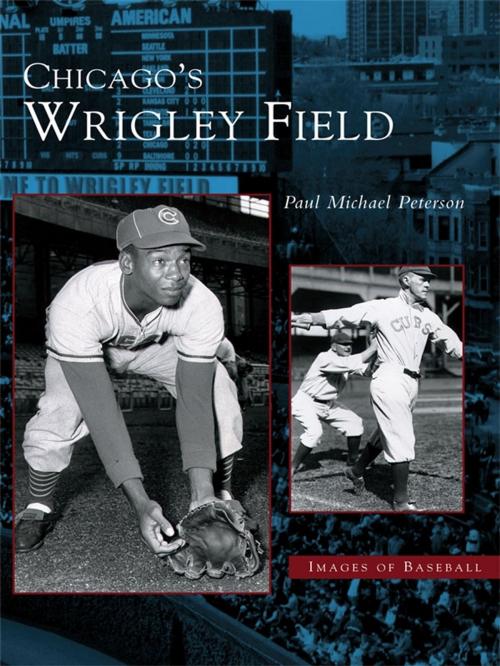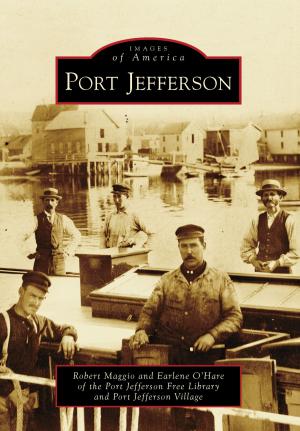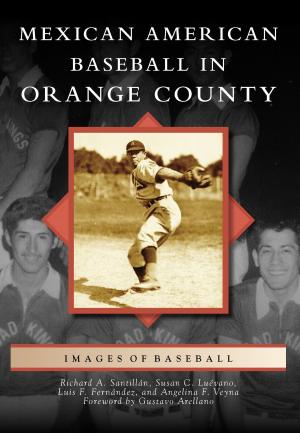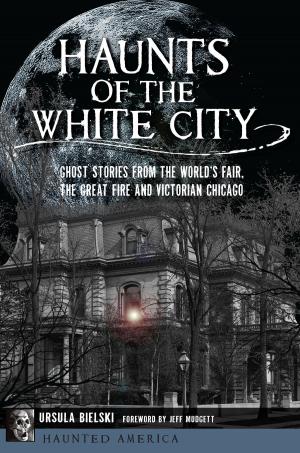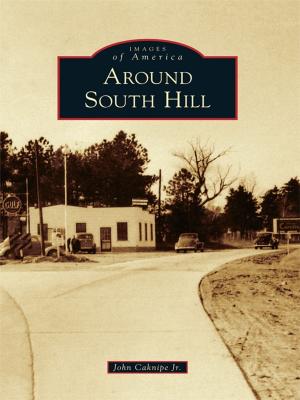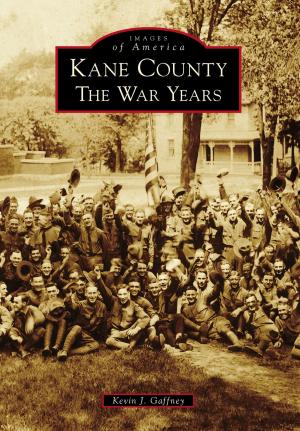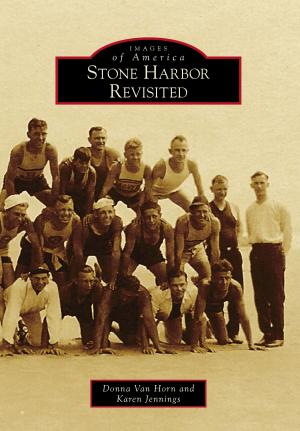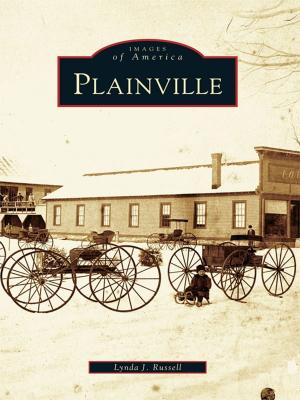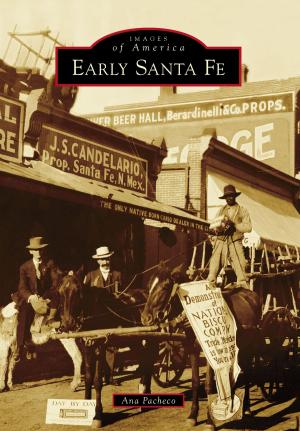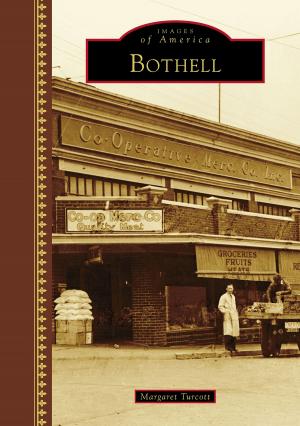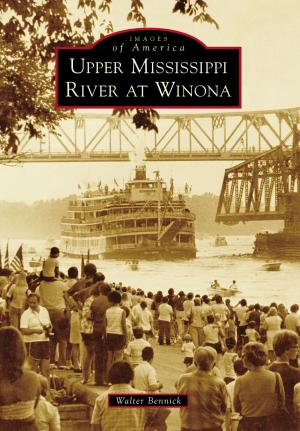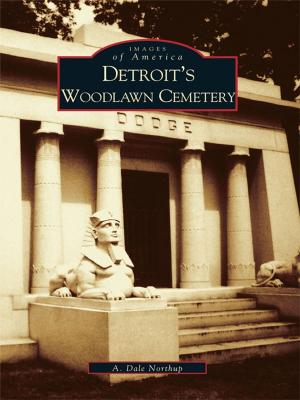Chicago's Wrigley Field
Nonfiction, Art & Architecture, Architecture, Public, Commercial, or Industrial Buildings, Sports, Baseball, History, Photography| Author: | Paul Michael Peterson | ISBN: | 9781439615249 |
| Publisher: | Arcadia Publishing Inc. | Publication: | March 30, 2005 |
| Imprint: | Arcadia Publishing | Language: | English |
| Author: | Paul Michael Peterson |
| ISBN: | 9781439615249 |
| Publisher: | Arcadia Publishing Inc. |
| Publication: | March 30, 2005 |
| Imprint: | Arcadia Publishing |
| Language: | English |
Wrigley Field is the second oldest ballpark currently in use in the major leagues, but it ranks first in the hearts of Cubs fans. Rooting for the home team from the corner of Clark and Addison to small towns and city streets across the country, generations of Cubs' fans have made that summer pilgrimage to the home of Gabby Hartnett's "Homer in the gloamin'" that clinched the 1938 pennant, Hack Wilson's record 190 RBI season, Ernie Banks' 500th career home run, Sammy Sosa's 60 plus home run seasons, and Kerry Wood�s 20-strikeout masterpiece. It was originally built as Wheeghman Park in 1914 to host the Chicago Whales of the upstart Federal League. The Cubs moved in two years later, and, with an 11-inning 7-6 victory over the rival Cincinnati Reds, one of the greatest traditions in all of American sports was established: National League baseball at Chicago�s picturesque north side ballpark. Renamed Cubs Park in 1920 and finally Wrigley Field in 1926, the hallmark bricks and ivy, hand operated scoreboard, and high flying �W� (or, regrettably, �L�) flag over Wrigley have become longstanding symbols of summertime in the city.
Wrigley Field is the second oldest ballpark currently in use in the major leagues, but it ranks first in the hearts of Cubs fans. Rooting for the home team from the corner of Clark and Addison to small towns and city streets across the country, generations of Cubs' fans have made that summer pilgrimage to the home of Gabby Hartnett's "Homer in the gloamin'" that clinched the 1938 pennant, Hack Wilson's record 190 RBI season, Ernie Banks' 500th career home run, Sammy Sosa's 60 plus home run seasons, and Kerry Wood�s 20-strikeout masterpiece. It was originally built as Wheeghman Park in 1914 to host the Chicago Whales of the upstart Federal League. The Cubs moved in two years later, and, with an 11-inning 7-6 victory over the rival Cincinnati Reds, one of the greatest traditions in all of American sports was established: National League baseball at Chicago�s picturesque north side ballpark. Renamed Cubs Park in 1920 and finally Wrigley Field in 1926, the hallmark bricks and ivy, hand operated scoreboard, and high flying �W� (or, regrettably, �L�) flag over Wrigley have become longstanding symbols of summertime in the city.
